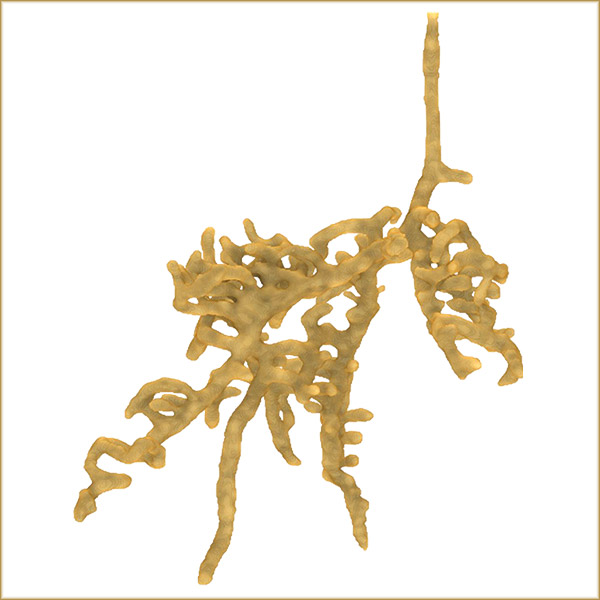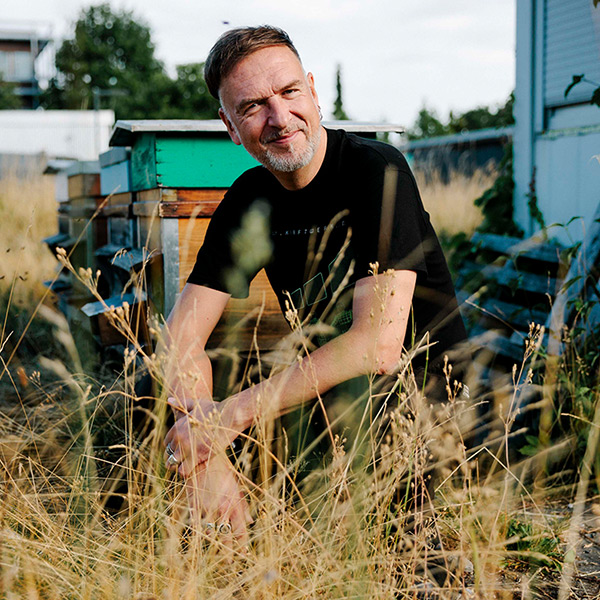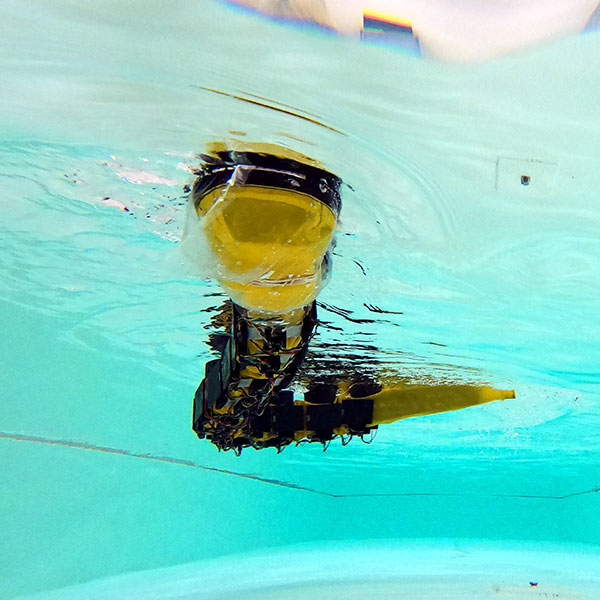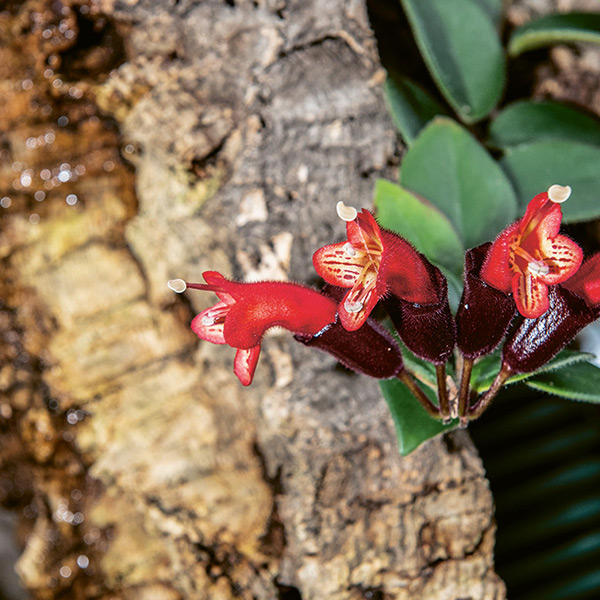INSECT RESEARCH
Bees don’t communicate about better food
Some bees can inform each other where to find food. But the notion that this helps them to find extra-sugary nectar has been challenged by researchers at the University of Lausanne.
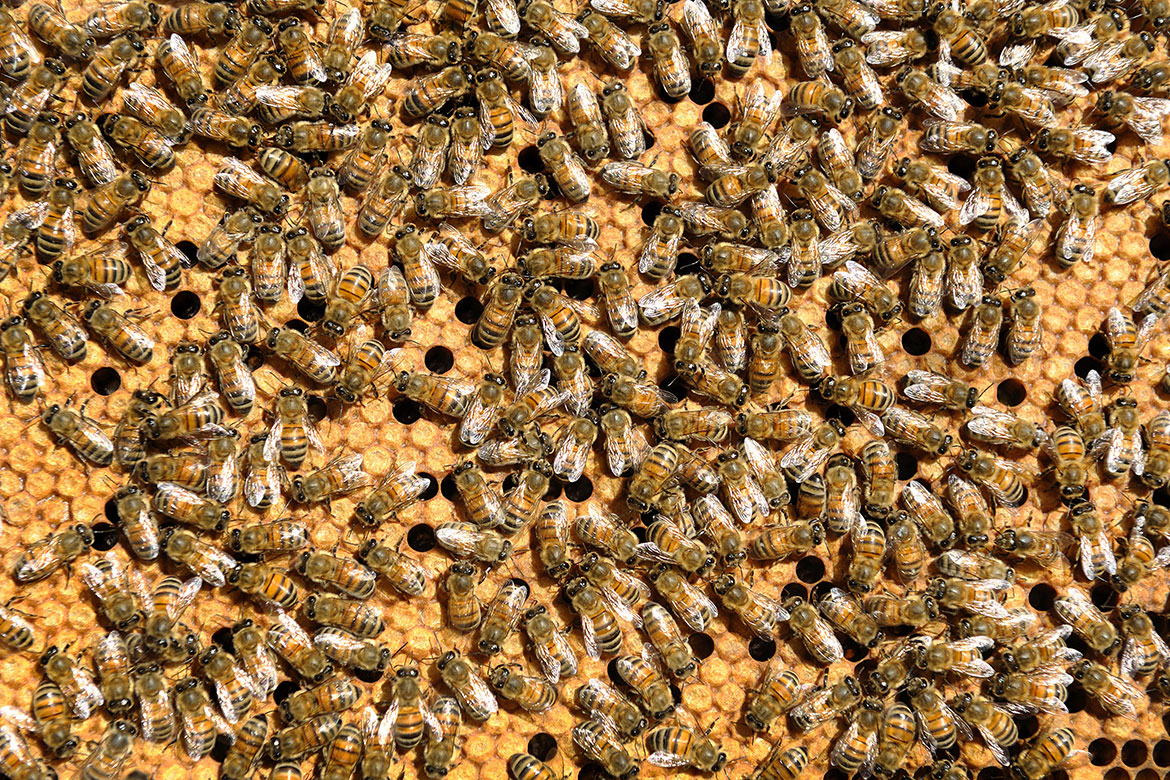
Not all bees wag their tails to inform each other about sources of nectar. | Photo: Tomas Wüthrich/13 Photo
In some species of bee, individuals proceed independently on their hunt for food, but others inform their sisters where to find a good source of nectar. They do this using scent trails, for example. Theoretically, communicative species should be able to improve the quality of their nourishment. But a team led by the insect researcher Robbie I’Anson Price of the University of Lausanne has now found out that this is not the case.
This study was conducted in a rainforest on the campus of the Universidade de São Paulo in Brazil, where there are up to 50 different bee colonies on a space of ten square metres. “The competition there is intense”, says I’Anson Price.
His researchers collected some 40 bees at a time from eight of the species living there. They massaged them gently to make them regurgitate the contents of their stomachs, and used a refractometer to determine the sugar level of them. To their surprise, they found there was no fundamental difference between the quality of nourishment enjoyed by the bees, regardless of whether they were communicative species or not.
So what does communicating actually do for bees? By informing each other regularly about nearby food, communicative species are better able to monopolise certain sources of food; this is what the last author Christoph Grüter from the University of Bristol suspects. If the bees learn where they can find nectar safely and reliably, then perhaps they are also satisfied, even when the quality of the food is mediocre.

